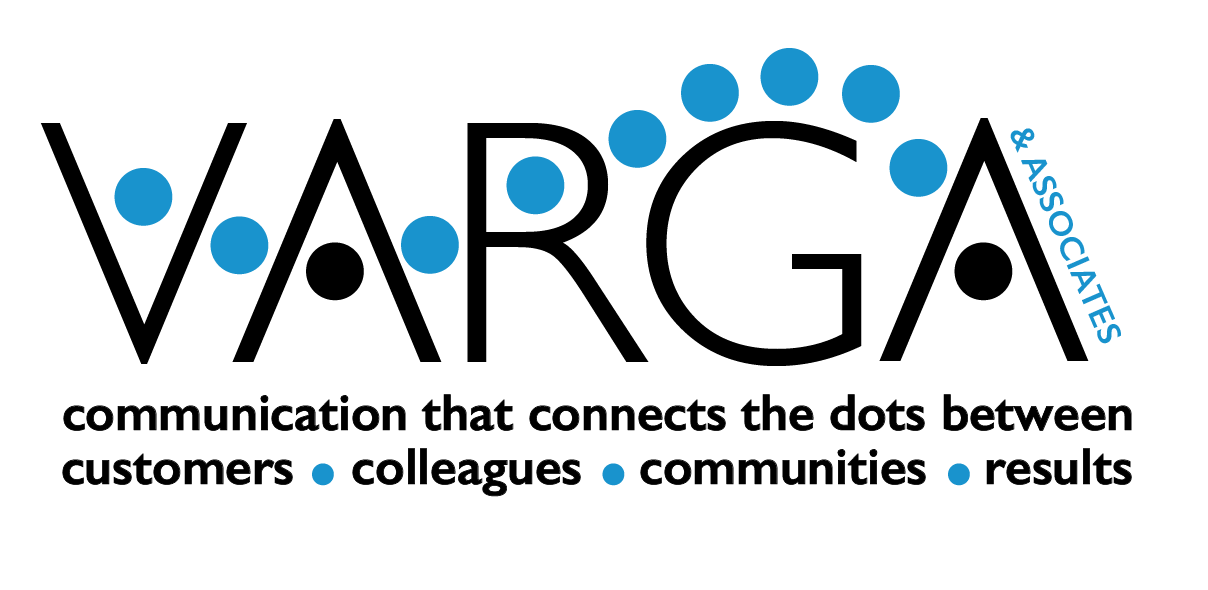One of my favorite customer service gurus is Dennis Snow and in his blog today (http://dennissnowblog.com/) he talks about how to leverage the holiday season’s shopping experience to improve your organization’s customer service experience. I wanted to share with you his recommendation – it’s simple and brilliant. Dennis says –
In your very next staff meeting (or via email if you don’t have a meeting scheduled soon), ask your team to be especially aware of their shopping experiences during the holidays. Even if they’re not shopping for holiday gifts, they’ll likely be doing some kind of shopping. Let them know that in a meeting immediately following the holiday season you’ll ask for a summary of their experiences, and what your organization can learn from those experiences. (Note: this is all strictly voluntary – not a work assignment. You don’t want to get into the “are you paying us for this?” quagmire).
During their shopping adventures, your team should observe:
- The quality of their interactions with employees – What are some examples of things employees did particularly well? What are examples of things employees did poorly? What could they tell about the quality of hiring, training, and accountability from the organizations they observed?
- The quality of the physical environment – What are some “good show” and “bad show” examples they observed while shopping? How effective were companies at keeping the facilities organized? If a company was good at it, what were they doing?
- The quality of company processes – What are some examples of processes your team members experienced that were designed more for the company’s convenience than the shopper’s? What are some examples of process that were impressive?
Keep in mind that the assignment doesn’t just apply to brick and mortar stores. Each of the above three points can apply to online and catalog shopping. For some of you, online examples may be the most applicable.
Ask your team to come to the post-holiday meeting prepared to share what they experienced (again, strictly voluntary). During the meeting, dig for learnings that come out of those experiences, good and bad, that you and your team can leverage in improving the experience YOUR customers have with the organization.
Because your team members lived through these situations themselves, their emotions will be engaged in the discussion, providing a foundation for frank discussion of what your organization can do to improve.
You’ll want to act quickly on getting this “assignment” out, since we’re right in the middle of the busy season. Don’t let it go by without learning from it!






